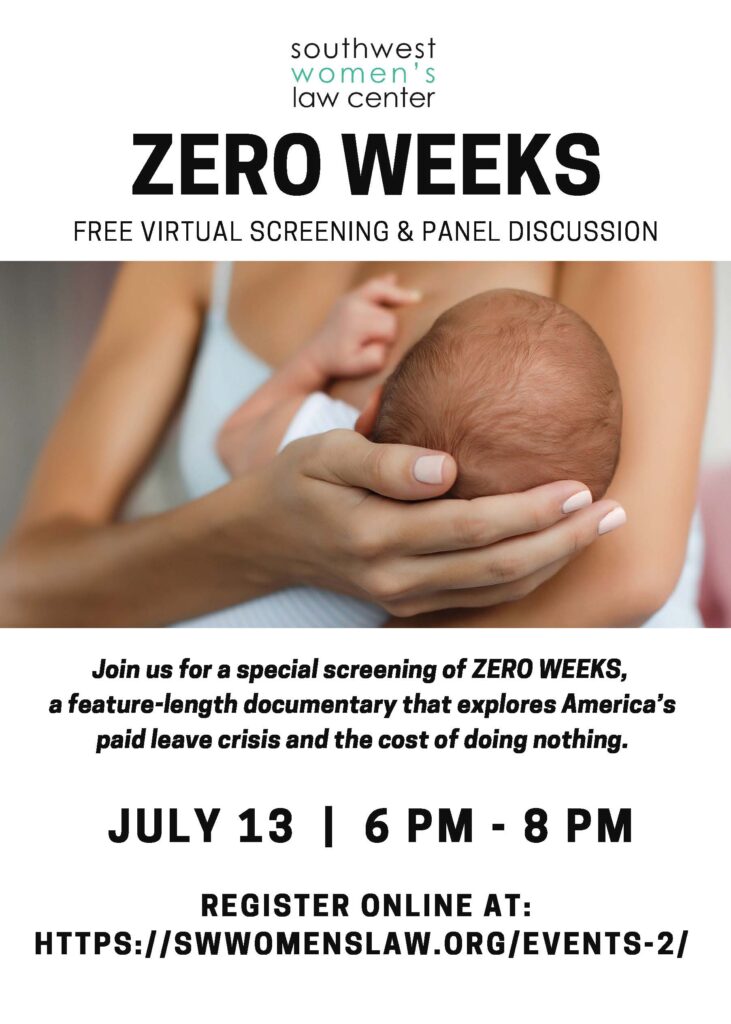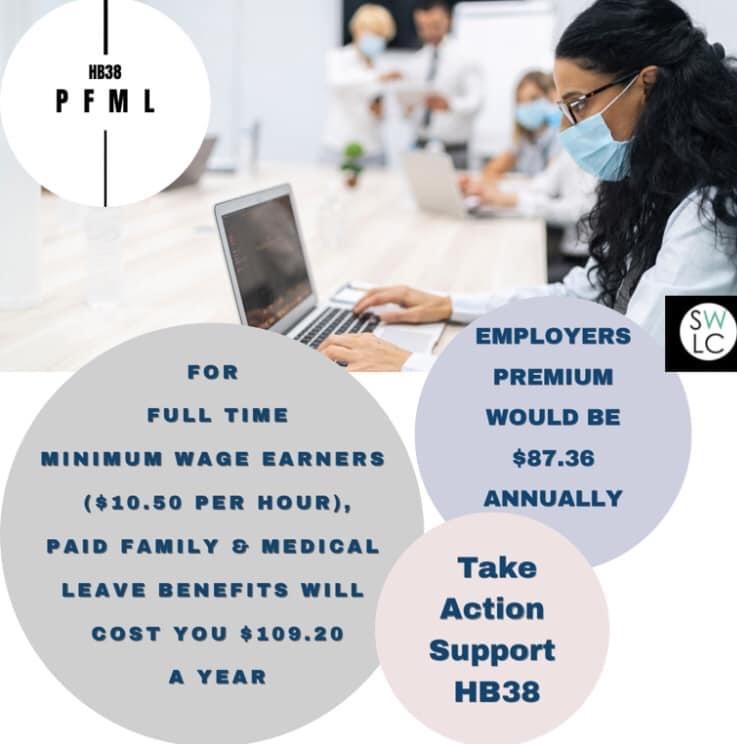By: Shaun Griswold at the Louisianna Illuminator– July 7, 2022
ALBUQUERQUE, New Mexico — It’s a nice storefront sandwiched between an insurance office and massage parlor. Two double-sided signs on the sidewalk in front of the building off San Mateo in southeast Albuquerque advertise free pregnancy tests and ultrasounds. Their website has resources for social services, housing and adoption care.
One thing these places won’t offer: safe and reliable access to abortion care.
Whenever they collect your data, they’re able to share it with states like Texas. And so somebody who inadvertently contacts them, that CPC finds out that you got an abortion then tips off Texas,” said Jessica Serrano, a lawyer with the Southwest Women’s Law Center. “I think we need to do more to warn people.”





